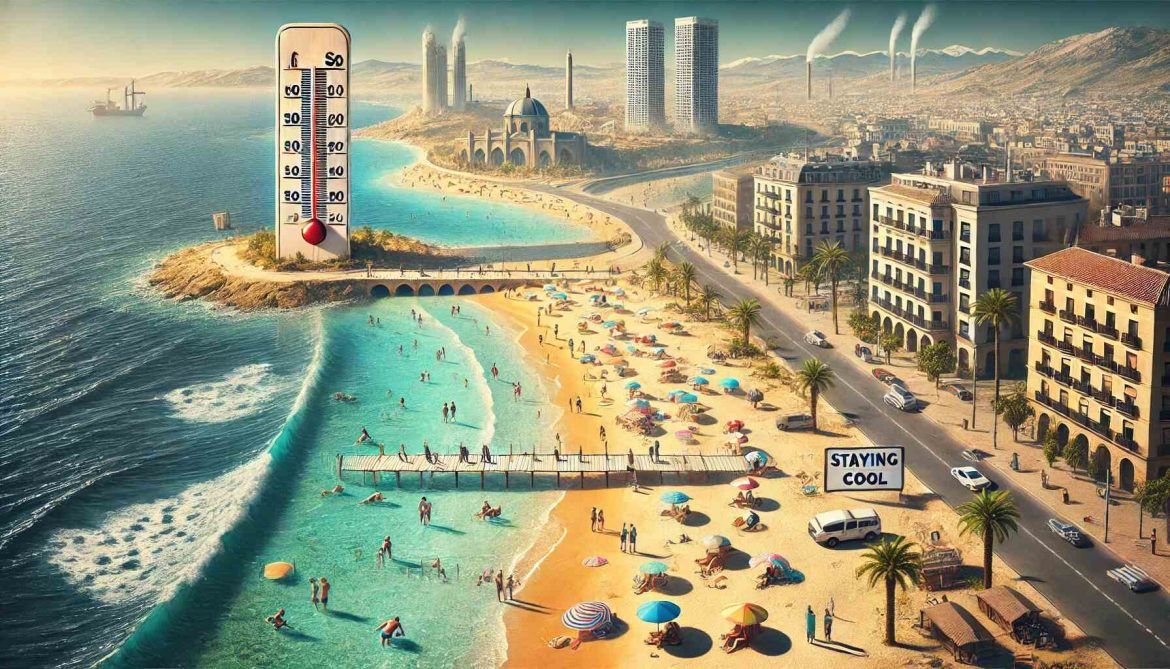A senior public health adviser has warned that the climate emergency poses a “real risk” to Spain’s traditional mass tourist model as rising temperatures and more frequent heatwaves hit the country’s most popular coastal destinations.
Concerns about over-tourism in Spain – which received a record 85.1 million international visitors last year, a 19% increase on 2022 – have led to large demonstrations across the country in recent months. Protesters in the Canary islands have complained that the presence of so many tourists is exacerbating water shortages, while activists in the Balearic islands are seeking a limit on the number of cars coming on to the island by ferry.
A Spanish government report published eight years ago predicted that a changing climate could dramatically alter Spain’s tourist industry, eroding beaches, flooding transport systems, causing water shortages at the height of the season and forcing ski resorts to close down. The report forecast that, by 2080, tourism from northern Europe could fall by 20% from its 2004 level as rising temperatures induced people to holiday at home.
Héctor Tejero, who is the head of health and climate change at Spain’s health ministry, said that the increasingly apparent physical impacts of the climate emergency had already led the ministry to begin talks with the British embassy on how best to educate “vulnerable” tourists about coping with the heat.
When asked whether the climate emergency could lead to tourism disappearing from parts of Spain in the future, Tejero said: “It’s a real risk because the big Spanish sol y playa tourist areas – the areas that are most dependent on tourism – are places where the impact of climate change is going to be greatest in Spain; places such as the south and the east of the peninsula – basically the Mediterranean coast. There’s a definite risk that the zones where there’s most tourism will become less habitable because of more heatwaves and much hotter nights.”
He added that such conditions could discourage tourists, or push up air-conditioning costs for hotels as the units would need to be on for longer periods of time.
Read also: Guterres urges wealthy countries to beat fossil fuel ‘addiction’ amid expansions
“I’d say tourism is one of many sectors that’s at risk from climate change,” Tejero said. “Apart from the fact that it’s causing tensions in certain areas, it needs to adapt itself to the climatic reality that’s on the way. That’s why we need to adapt the tourist sector, consider reducing it, and try to mitigate the effects of climate change before they get worse. But Spain is the EU country that’s most vulnerable to climate change and that’s not going to change in the short term.”
Tejero further stated that heatwaves and higher temperatures remain the most obvious and immediate symptoms of the emergency – and are especially hazardous for tourists who are unused to them.
Story was adapted from the Guardian.
